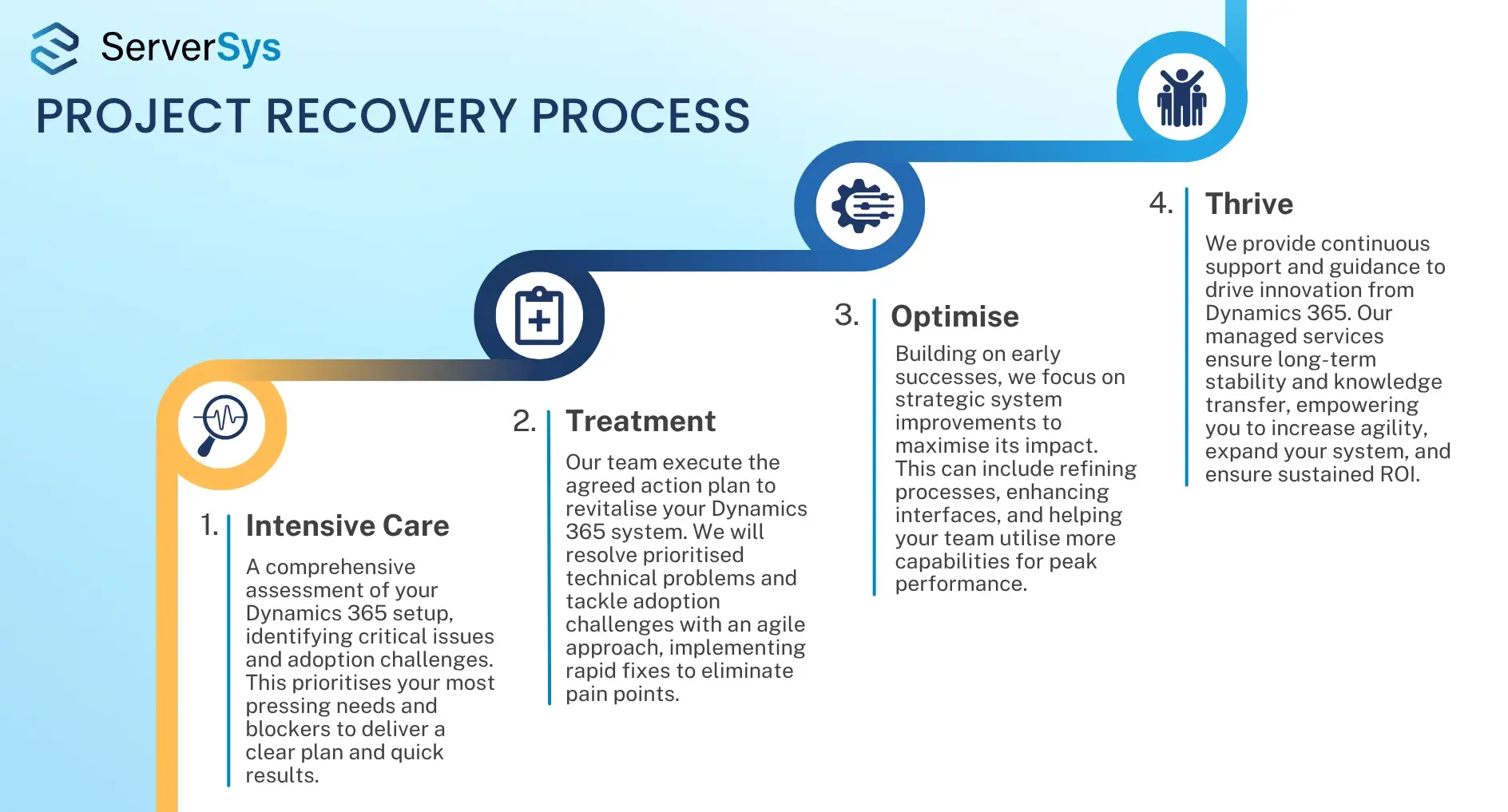Recovering your Dynamics 365 Project
We will get your project back on track quickly if it is has stalled or faces technical and engagement challenges.
Our team will analyse why solutions have faltered and work with you to implement corrective actions. From our experience of taking on failing projects, the reasons are frequently due to:
- An inadequate system configuration caused by unnecessary complexity or poor alignment.
- Insufficient capabilities of an incumbent partner who might not specialise in Dynamics.
- Integration failures which may derive from set-up errors or poor data quality.
- Lack of adoption undermining stakeholder confidence
Regardless of the causes, we’ll use our project skills and Dynamics expertise to help align your technology, people, and processes. With a focus on quick wins and inspiring user engagement, we’ll provide ongoing support for continued progress.
Our Project Recovery Approach
Diagnose issues.
In a free consultation, we will assess your Dynamics 365 system to understand the issues. After evaluating your configurations, data, and adoption challenges, our consultants will propose corrective actions.
Rapid recovery.
We’ll jointly agree on the priority areas for recovering your project. Delivering value-driven enhancements, will help rebuild stakeholder confidence. Examples may include resolving tech issues, customising forms, user training and creating dashboards.
Refine iteratively.
Adopting an agile project delivery approach, we’ll enhance your system through iterations based on user feedback to ensure alignment with your evolving requirements.
Technical support.
We’ll provide extensive knowledge transfer and change management assistance so you can maintain momentum. Our support team will quickly resolve any questions and help you make continued improvements.
What you can expect
- Experienced consultants who will help you achieve in weeks what others might take months to accomplish.
- Proficient problem solvers who will help you maximise Dynamics 365 and Power Platform capabilities.
- Transparent communications and a collaborative approach with a commitment to long-lasting partnerships.
- Customised solutions that fit your unique needs, developed through a consultative, customer-centric approach.
We are proud to work with...
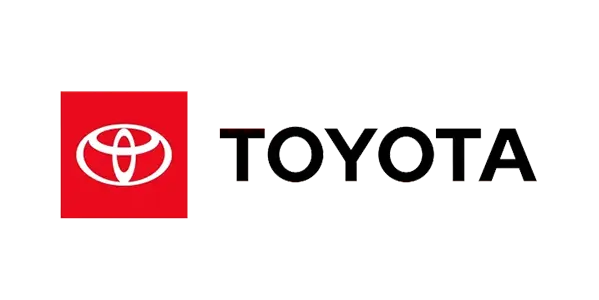


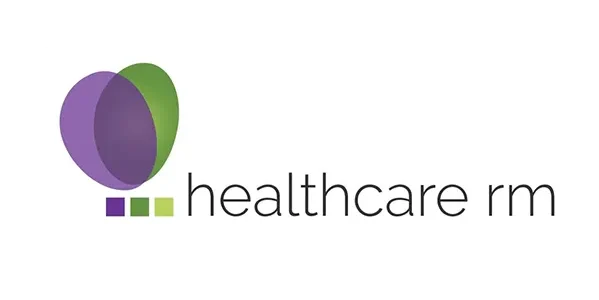
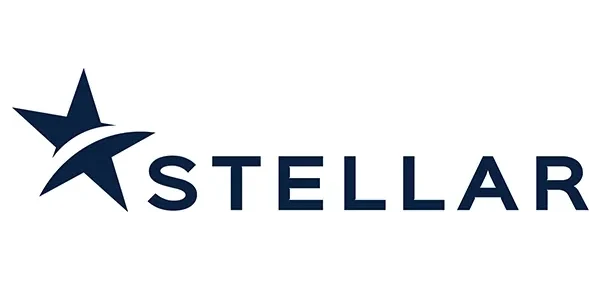
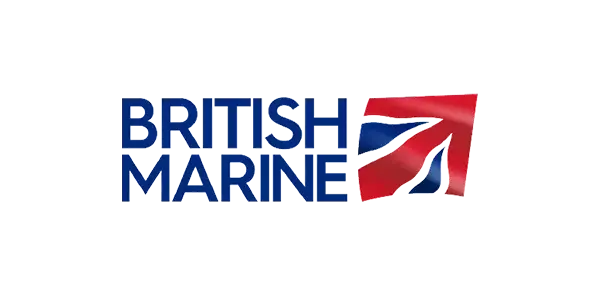
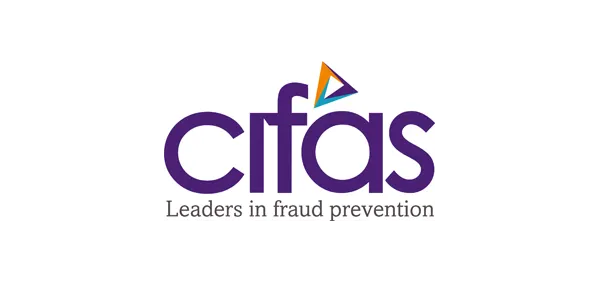

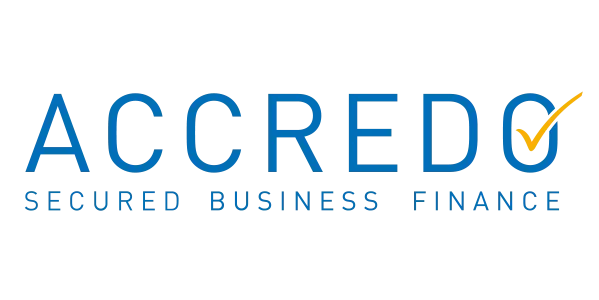
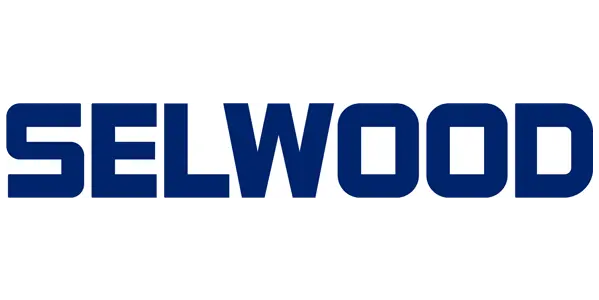


Customer Quotes
Discuss Your Requirements
If your Dynamics 365 project has stalled, speak to our team to discuss how we can help you.
Call us now on 0203 884 3804, email hello@serversys.com or complete the contact form below, and we’ll follow up.
